A class action lawsuit is being levelled against Tesla in Australia.
It is being organised by law firm JGA Saddler and it alleges the company sold vehicles that were defective in Australia.
It concerns Tesla Model 3 and Model Y vehicles built from 2021 onwards that are equipped with the Autopilot feature.
The class action alleges the brand over promised on the capabilities of its vehicles and some functions didn’t work properly.
The three main issues were for phantom braking, which the lawsuit alleges occurs when the auto emergency braking tech brakes at inappropriate circumstances that could lead to an increased risk of an accident.
It calls out the vehicles’ driving range, too. The lawsuit alleges owners can not achieve or come close to the advertised range or the range displayed on the vehicle’s dashboard when the battery level is greater than 50 per cent.
The final point of the class action surrounds the vehicle's Autopilot claims. It said the hardware on Tesla vehicles is incapable of supporting fully autonomous or close to autonomous driving despite claims to the contrary.

The firm is looking for aggrieved owners to take part in the action against Tesla, which will be argued in the Federal Court of Australia.
“Tesla made promises about their vehicles’ safety, performance and features such as their ‘full self-driving’, but it appears some of these promises are falling flat,” said JGA Saddler director Rebecca Jancauskas, according to news.com.au.
“Imagine your EV has never reached 75 per cent of its advertised battery range, or the promised self-driving features, that you paid a premium of more than $5000 for, have never been delivered,” Ms Jancauskas said.
“It is hoped this claim underscores the importance for all EV manufacturers to be truthful in their marketing, deliver on their promises, and ensure their products are safe and reliable,” she said.
This isn’t the first time Tesla’s Autopilot feature has been put in the spotlight.
In 2020 Germany banned the company from using the term “Autopilot” to describe its semi-autonomous driving features.
There have also been numerous reports overseas that Teslas have been involved in accidents when owners have relied too heavily on the technology.
Last year an investigation by the National Highway Traffic Safety Administration (NHTSA) in the US found the Autopilot feature had been involved in at least 13 fatal accidents.
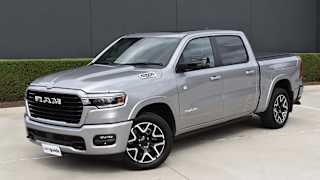
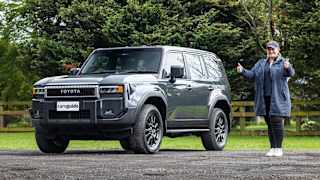
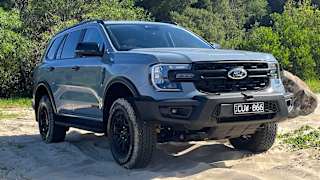
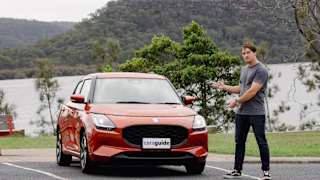
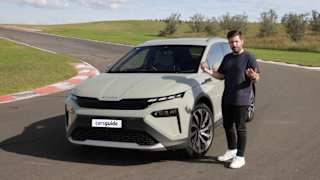

.jpg)





.jpg)




.jpg)
.jpg)
.jpg)









.jpg)
.jpg)
.jpg)


.jpg)

